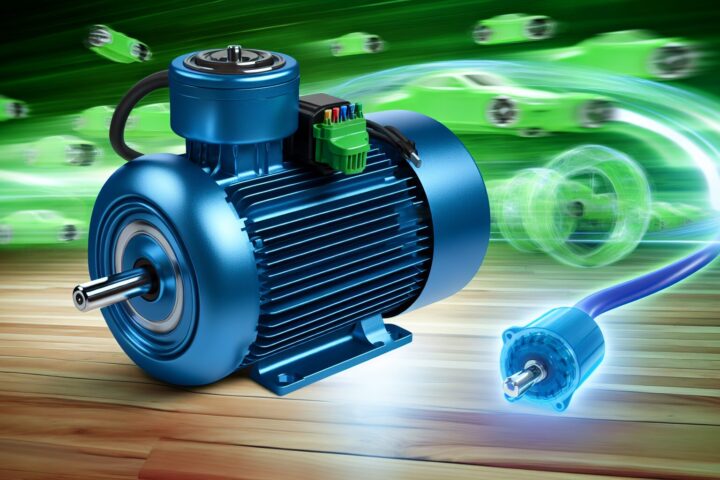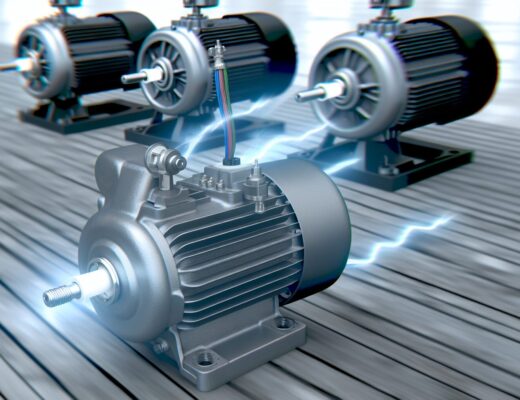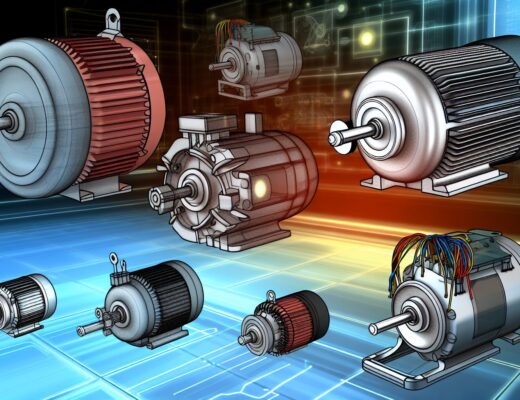In the rapidly advancing world of technology, electric motors are playing an increasingly vital role in various industries. From automotive to aerospace, these motors are not only redefining efficiency but also contributing to sustainability efforts across the globe. Understanding how electric motors work and their applications can significantly influence future innovations and energy management practices.
Applications of Electric Motors
Electric motors are integral to a variety of applications, serving both consumer and industrial needs. In consumer products, electric motors drive appliances such as refrigerators, washing machines, and power tools. In the industrial sector, they are crucial in manufacturing processes, powering conveyor systems, pumps, and HVAC systems. Innovative developments in electric motor technology are also paving the way for advancements in renewable energy systems, such as wind and solar power, showcasing their versatility and importance in our energy landscape.
The future of electric motors looks promising, focusing on improving efficiency and reducing environmental impact. Innovations like brushless and synchronous motors are replacing traditional types, offering better performance and lower energy consumption. As industries turn towards more sustainable practices, electric motors will be at the forefront, enabling cleaner operations and supporting electric vehicles‘ growth. For more insights into the different types of electric motors available, visit electric motors to learn more.
In conclusion, the evolution of electric motors marks a significant shift towards sustainability and energy efficiency across various sectors. By embracing these technological advancements, businesses and consumers alike can contribute to a greener future. For those interested in exploring more about the innovative solutions offered by electric motor technology, check out VYBO Electric.




